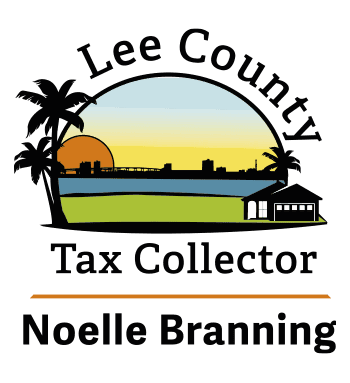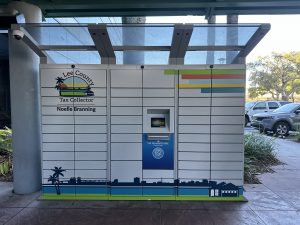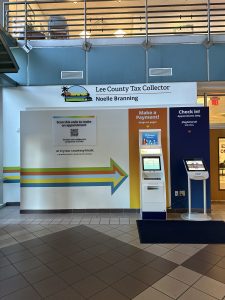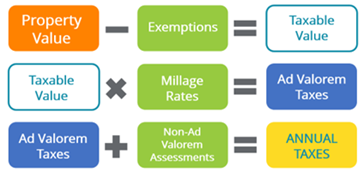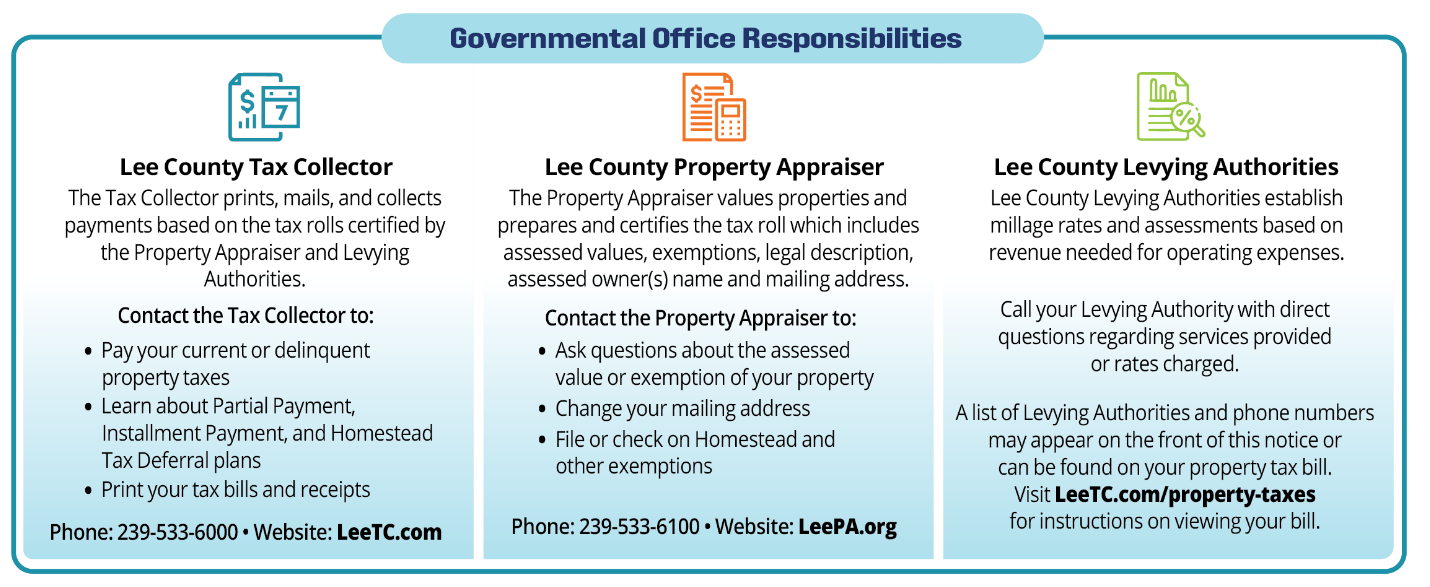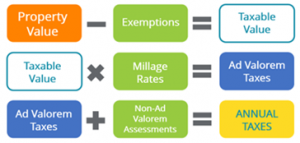To encourage Floridians to outdoors and explore our state’s natural resources, the Florida Fish and Wildlife Conservation Commission (FWC) is offering a discount on hunting and fishing licenses.
Beginning October 25, 2024, and extending through January 3, 2025, a 50% discount will apply to the annual resident Gold Sportsman license, 5-year Gold Sportsman license, and Youth Lifetime Sportsman licenses (for ages 0-17), and the annual resident freshwater fishing / saltwater fishing combination license will be discounted to $5.
Promotional Prices:
- Annual Gold Sportsman – $49.25, plus applicable fees
- 5-year Gold Sportsman – $246.25, plus applicable fees
- Lifetime Sportsman:
- Age 0-4 – $200.00, plus applicable fees
- Age 5-12 – $350.00, plus applicable fees
- Ages 13-17 – $500.00, plus applicable fees
- Annual Freshwater Fishing / Saltwater Fishing Combination – $5.00, plus applicable fees
To help customers get the best deal possible, some affected license types will be deactivated. For example, regular Saltwater and Freshwater fishing licenses will be unavailable for the duration of the promotion as the $5.00 combination license covers both privileges. There will be no refunds issued for license purchases made outside of the promotional window.
Frequently Asked Questions
Which Gold Sportsman Licenses are included?
Residents can purchase the annual or 5-year gold sportsman licenses or youth lifetime sportsman licenses (for ages 0-17) at half the typical cost.
Where can I purchase a discounted FWC sportsman license?
Customers can purchase the discounted youth lifetime sportsman license in person at a tax collector’s office, online at GoOutdoorsFlorida.com, or through the Fish|Hunt FL App on Apple and Android.
Who is eligible for the discount?
Only Florida residents are eligible to purchase the discounted licenses. Florida Residents are:
(1) Any person who has declared Florida as his or her only state of residence as evidenced by a valid Florida driver license or identification card with both a Florida address and a Florida residency verified by the Department of Highway Safety and Motor Vehicles (DHSMV). Any dependent children residing in the household of a Florida resident.
OR
(2) Active-duty United States military personnel stationed in Florida, including spouses and dependent children residing in the household, with military orders.
The most common disqualifier for Florida residency is a driver’s license from another state.
How long will the discount run?
The promotional period begins October 25, 2024, and ends January 3, 2025.
Will the discount apply automatically?
Yes, the discount will apply automatically to every eligible license.
What if I already have one of the discounted licenses?
You may renew your license within 90 days of expiration. If you renew during the promotional period, you will receive the discount.
What is included in an FWC Sportsman license?
Gold Sportsman and Lifetime Sportsman Licenses both include saltwater fishing, hunting, and freshwater fishing licenses; and wildlife management area, archery, muzzleloading gun, crossbow, deer, turkey, Florida waterfowl, snook, and lobster permits. The migratory bird permit, federal duck stamp, blue crab trap registration, stone crab trap registration, shore-based shark fishing permit, and state reef fish angler are not included in these licenses (all but the federal duck stamp are no-cost).
Are regular hunting and fishing licenses discounted?
No, regular hunting and fishing licenses including Lifetime Hunting/Fresh/Salt individual licenses are not discounted except for the saltwater fishing / freshwater fishing combination license.
If I live in Florida now and buy a Lifetime license, but later move, is my license still valid?
Yes, as long as you are a Florida resident at the time of purchase, your Florida Sportsman Lifetime license will continue to be valid.
If I already have a hunting/freshwater/saltwater lifetime license, will you sell the lifetime sportsman at the discounted price?
You may purchase the Lifetime Gold Sportsman for the discounted price.
How can an active-duty military member or their families receive the discount?
At this time, active-duty military members and their families must present their orders to a local tax collector who can verify their residency and sell them the license. The regular Military Gold Sportsman license will continue to be available.
